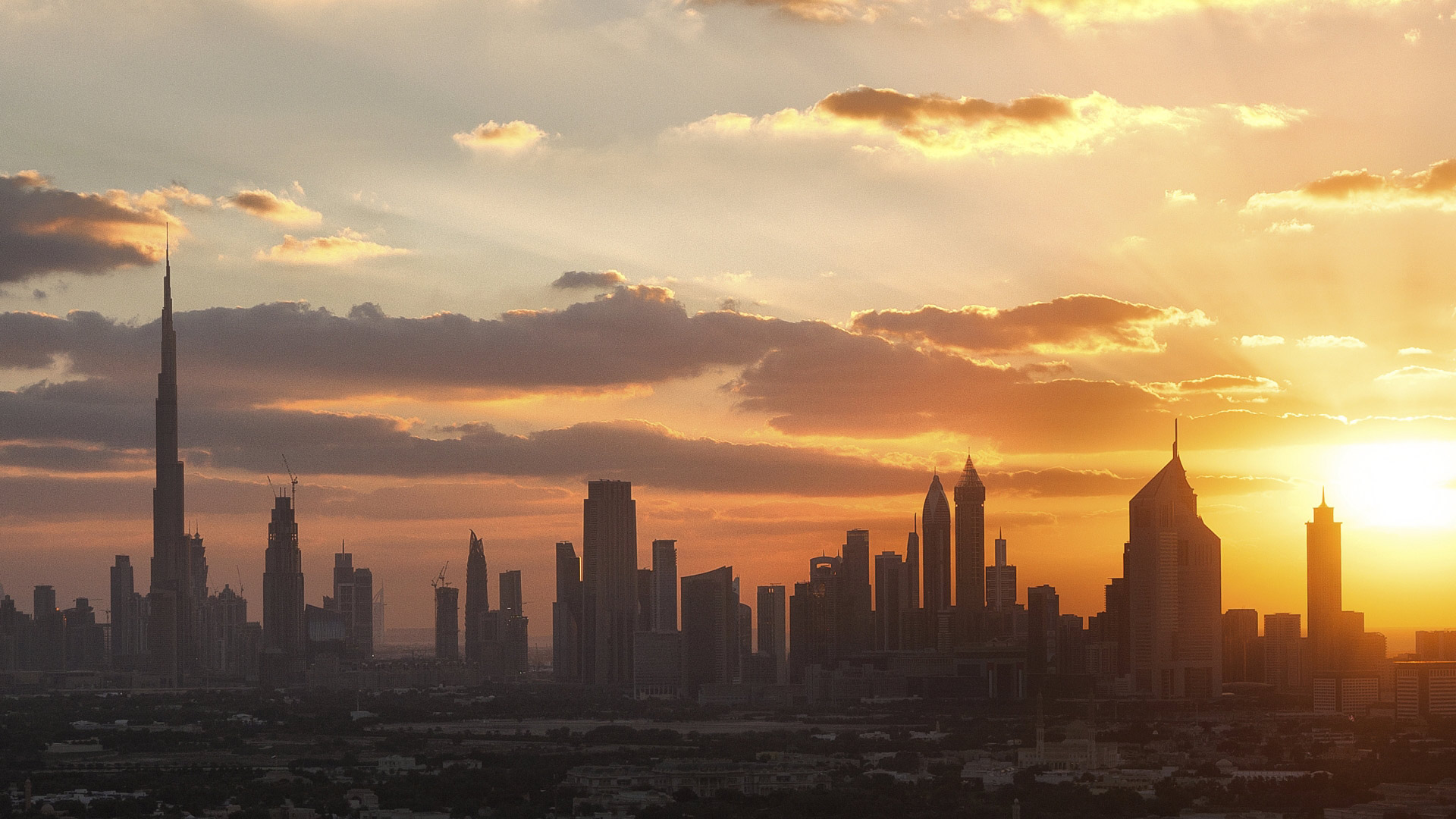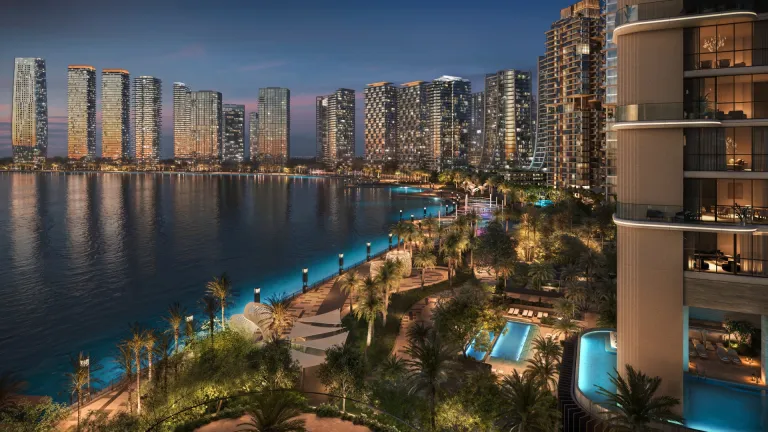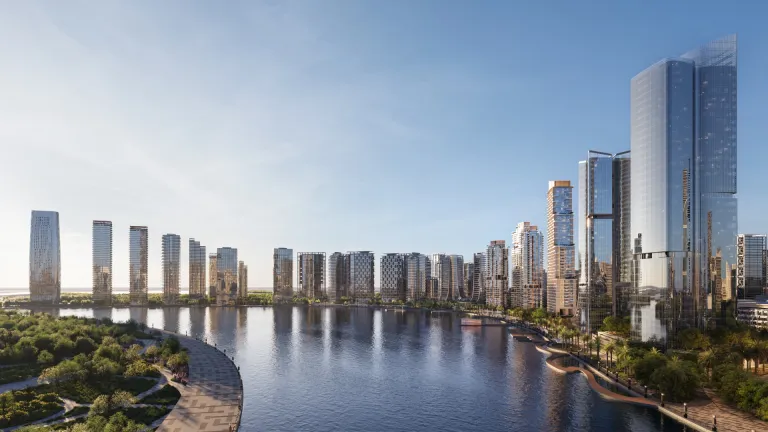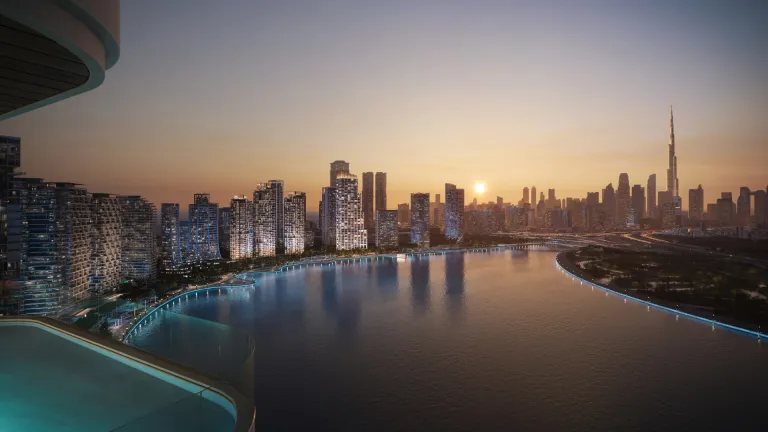No Results Found
Search Results - Blog
Search Results - FAQs
No Results Found
No Result Found
Buying a House 101 - Simplifying the Complex Steps to Purchasing Property in Dubai

According to Knight Frank, residential property values in Dubai increased by 5.6% in Q1 2023. This reflects a roughly 20% increase compared to Q1 2020. Moreover, the city is the fourth busiest luxury homes market in the world.
The market for luxury homes in Dubai is booming. During Q1 2023, there were several sales of such high-end homes, making it the fourth most active city in the world for luxury home sales. With the way things are going, 2023 could be an even bigger year for the luxury housing market.
If you are looking to learn how to buy a house in Dubai, we will take you through the steps that you should take to ensure you will make the best decision and avoid any pitfalls on the way.
1. Know Where to Look
Research neighborhoods based on lifestyle offerings, exclusivity, and potential ROI. When considering upscale real estate in Dubai, it is worth exploring Meraas’ residential properties in Dubai’s most sought-after areas. Adjacent to the Marina, Jumeirah Beach Residence (JBR) offers a unique blend of beachfront living with a variety of dining and entertainment options. Bluewaters is an island that houses the Ain Dubai (the world's largest observation wheel) and offers waterfront living with a contemporary twist. Set in the heart of Jumeirah, Port de La Mer offers a unique Mediterranean-inspired seaside community. A blend of luxury apartments, townhouses, and boutique shops, it presents a laid-back lifestyle with panoramic views of the ocean and the skyline.
2. Legal Framework and Property Ownership
Expat and foreign homebuyers or investors are permitted to buy property in freehold areas, offering complete ownership. Freehold ownership offers a chance to fully own the property, including the right to sell, lease, or transfer the property. Leasehold properties with leasehold periods (ranging from 30 to 99 years) can be acquired as well. However, there are certain restrictions on property ownership in Dubai; there are some rules about who can own property and where. Foreign buyers cannot own property in specific areas of the city, and they need permission from the Dubai Land Development (DLD) before buying.
3. Due Diligence
When purchasing property in Dubai, due diligence is crucial. Start by verifying the property's title deed to ensure legitimate ownership. Check for any existing mortgages or liens that might affect the transfer. Investigate the property's history for disputes or inconsistencies. If buying off-plan, ensure the developer is registered with the DLD and uses an escrow account for payments, safeguarding your investment. Engage a reputable local real estate expert to guide you through the process and consider seeking legal counsel. Being thorough upfront can prevent unforeseen complications down the line.
4. Offer, Negotiation, and Documentation
Understanding the offer and negotiation process is vital. Firstly, present your offer to the seller, usually through a real estate agent. Once both parties agree on a price, negotiations begin, addressing details like property condition or included amenities. After reaching an agreement, documentation follows. This involves drafting a Memorandum of Understanding (MOU), detailing the deal's terms. Then, secure a No Objection Certificate (NOC) from the developer, ensuring no dues exist. Finally, register the transaction with the DLD. Employing a local property expert can ease this intricate process.
5. Financial Considerations: Beyond Just Pricing
Diving into the financials means looking beyond just the property's price. Consider additional costs like the DLD's registration fees, agent commissions, and property valuation fees. If buying in a community, factor in annual service charges for amenities and maintenance. Securing a mortgage? Be prepared for bank-related fees and interest rates. Also, remember the one-time developer's fees for NOC. Lastly, while Dubai does not impose annual property taxes, it is essential to budget for utility hook-ups and recurrent bills. Proper financial planning ensures a smooth and informed investment journey.
6. Finalise and Register with Dubai Land Department (DLD)
Finalising your property purchase is not the last step. It is essential to then register your transaction with the DLD. This ensures legal ownership and protection of your rights as a property holder. The DLD will provide a title deed, confirming your ownership status. Remember, registration incurs a fee, usually a percentage of the property's value. This official process adds credibility to Dubai's real estate market, safeguarding buyers from potential disputes. Always ensure that your property dealings align with DLD's guidelines to guarantee a smooth and transparent acquisition.
Ready to secure your dream home in Dubai? Contact us today to get stared.


